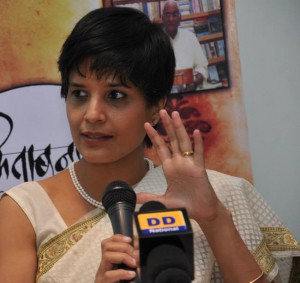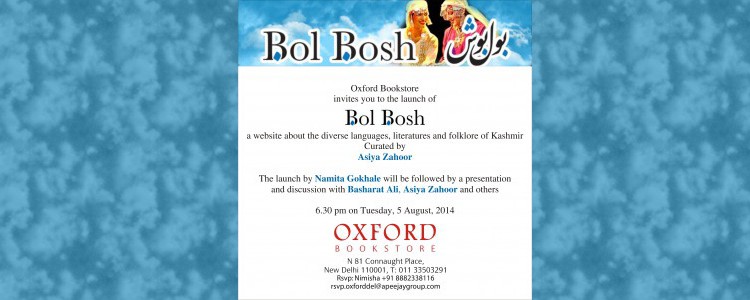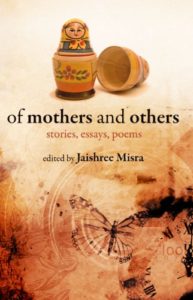JLF 2017 Preview
( My article on the preview for JLF 2017 was published on Bookwitty.com on 30 December 2016.)

The first time I attended the Jaipur Literature Festival (JLF) at Diggi Palace Grounds, Jaipur it was small enough so that once could drive the car straight up to the main steps of the building. Today, the parking is a fair distance from the palace and the only way to reach the venue is through multiple barricades and a screening counter. Once inside though, there is a wonderful, festive air with an explosion of colours in the décor, the happy buzz of excited people milling about and conversations streaming through various marquees. Termed one of the greatest literary events, it is also a free one. Since it began, the JLF has welcomed 846,000 visitors, 1874 speakers, conducted 1272 sessions and partnered with more than 1400 organisations.
The JLF is also crucial because it is situated in a geographical space that is at the heart of a significant book market. It is planned soon after the Christmas break and a few months after the Frankfurt Book Fair (FBF) so publishing professionals flying in from around the world can follow up on their FBF conversations and combine them with a holiday in India.
In January 2017, it will be the 10th anniversary of the Jaipur Literature Festival. The three directors since its inception are Sanjoy Roy, Namita Gokhale and William Dalrymple. The festival has evolved over the years to include different elements such as Jaipur BookMark – a B2B platform for publishers, a children’s section and a cultural event every evening. The Festival has expanded internationally to host annual events at London’s Southbank Centre (2014 onwards) and Boulder, Colorado (2015 onwards). In 2017 the Jaipur BookMark will launch a new scheme to support emerging writers and budding authors are invited to apply for a New Writers’ Mentorship Programme: The First Book Club.
The Festival has celebrated and hosted writers from across the globe, ranging from Nobel Laureates and Man Booker Prize winners to debut writers, including Amish Tripathi, Chimamanda Ngozi Adichie, Eleanor Catton, Hanif Kureishi, His Holiness the 14th Dalai Lama, Ian McEwan, JM Coetzee, Margaret Atwood, Mohammed Hanif, Oprah Winfrey, Orhan Pamuk, Pico Iyer, Salman Rushdie, Stephen Fry, Thomas Piketty, Vikram Seth and Wole Soyinka, as well as renowned Indian language writers such as Girish Karnad, Gulzar, Javed Akhtar, MT Vasudevan Nair, Uday Prakash, the late Mahasweta Devi and U.R. Ananthamurthy.

This January, the Jaipur Literature Festival expects to welcome over 250 authors, thinkers, politicians, journalists, and popular culture icons to Jaipur. Sanjoy Roy said “Our prime focus is on history of the world, given that it was the 70 years of India’s Independence [in 2016]. In a new collaboration with the British Library they have loaned us a version of the 1215 AD Magna Carta which will be on view at Diggi Palace. A series of sessions on freedom to dream will look at inspiration for the future. We have a new partnership with The Museum of Modern Art (MoMA) that will look at sessions on art and migration.”
Namita Gokhale added that at the JLF “We are always trying to listen in as many languages as possible. This time there will be speakers from all over Europe and more than 20 Indian regional languages will be showcased.”
Controversies and the JLF also seem to go hand in hand. In 2012 Hari Kunzru, Ruchir Joshi, Amitava Kumar and Jeet Thayil read out passages from Salman Rushdie’s banned book The Satanic Verses and had to leave Jaipur hurriedly before the police arrived to arrest them. Another time the Shell oil company was one of the sponsors, which created a stir since, among other things, it is infamously associated with the tragic execution of Nigerian writer Ken Saro-Wiwa. At the time, the JLF administration said they do not look at the color of money. This year too, there is disappointment already being expressed at representatives of the Hindu fundamentalist group RSS being invited to speak at JLF but as the organizers point out they stand for diversity.
Be that as it may, the 2017 edition of JLF promises to be as exciting as ever. The magnificent line-up of authors includes Paul Beatty, Alan Hollinghurst, Valmik Thapar, Amruta Patil, AN Wilson, Alice Walker, Mark Haddon, Ajay Navaria, Mrinal Pande, Richard Flanagan, Arshia Sattar, Arefa Tehsin, Eka Kurniawan, Tahmima Anam, Chitra Banerjee Divakaruni, Marcos Giralt Torrente, Kyoko Yoshida, David Hare, Margo Jefferson, Deborah Smith, Jeremy Paxman, Hyeonseo Lee, Francesca Orsini, John Keay, Jon Wilson, Kate Tempest, Mihir S. Sharma, Neil MacGregor, Rishi Kapoor, Sholeh Wolpé, Sunil Khilnani, and Vivek Shanbhag. Sessions have been planned on translations, revisiting history, conflict, politics, memoirs, biographies, nature, poetry, spirituality, mythmaking, women writing, travel writing, freedom of expression, children’s literature and book releases.
Some of the prominent sessions are:
Writing the Self: The Art of Memoir: Bee Rowlatt, Brigid Keenan Emma Sky and Hyeonseo Lee in conversation with Samanth Subramanian
Lost in Translation: Francesca Orsini, Deborah Smith, Paulo Lemos Horta and Sholeh Wolpé in conversation with Adam Thirlwell
Migrations: Lila Azam Zanganeh, NoViolet Bulawayo, Sholeh Wolpé and Valzhyna Mort in conversation with Tishani Doshi
The Tamil Story: Imayam Annamalai and Subhashree Krishnaswamy in conversation with Sudha Sadhanand
In Search of a Muse: On Writing Poetry: Anne Waldman, Auður Ava Ólafsdóttir, Ishion Hutchinson, Kate Tempest, Tishani Doshi and Vladimir Lucien in conversation with Ruth Padel
Lost Kingdoms: The Hindu and Buddhist Golden Age in South East Asia: John Guy introduced by Kavita Singh
Before We Visit the Goddess: Chitra Banerjee Divakaruni in conversation with Shrabani Basu
Kohinoor: Anita Anand and William Dalrymple introduced by Swapan Dasgupta
The Dishonourable Company: How the East India Company Took Over India: Giles Milton, John Keay, Jon Wilson, Linda Colley and Shashi Tharoor in conversation with William Dalrymple
Brexit: A.N. Wilson, Andrew Roberts,, Linda Colley, Surjit Bhalla and Timothy Garton Ash in conversation with Jonathan Shainin
Rewriting History: The Art of Historical Fiction: Adam Thirlwell, Alan Hollinghurst and Shazia Omar in conversation with Raghu Karnad
Civil Wars: From Antiquity to ISIS: David Armitage introduced by Raghu Karnad
The Biographer’s Ball: A.N. Wilson, Andrew Roberts, David Cannadine, Lucinda Hawksley, Roy Foster and Suzannah Lipscomb in conversation with Anita Anand
Ardor: On the Vedas: Roberto Calasso in conversation with Devdutt Pattanaik
Things to Leave Behind: Namita Gokhale in conversation with Mrinal Pande and Sunil Sethi
That Which Cannot be Said: Hyeonseo Lee, Kanak Dixit, Sadaf Saaz and Timothy Garton Ash and in conversation with Salil Tripathi
The Art of the Novel: On Writing Fiction: Adam Thirlwell, Alan Hollinghurst, NoViolet Bulawayo and Richard Flanagan in conversation with Manu Joseph
Footloose: The Travel Session: Aarathi Prasad, Bee Rowlatt, Brigid Keenan, Nidhi Dugar and Simon Winchester in conversation with William Dalrymple
The JLF 2017 will run from January 19-23rd.

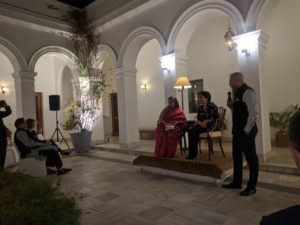
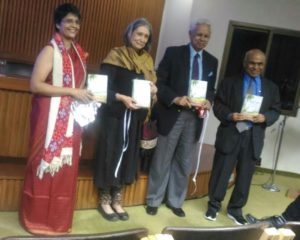
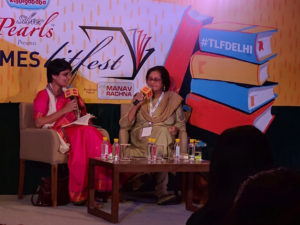
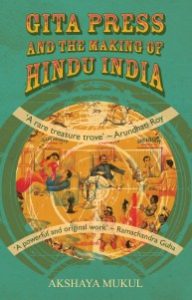
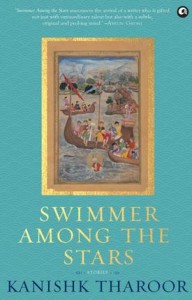
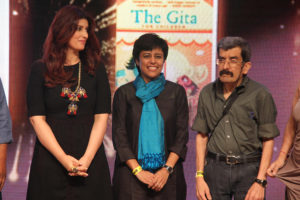
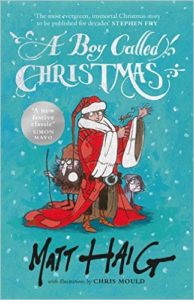
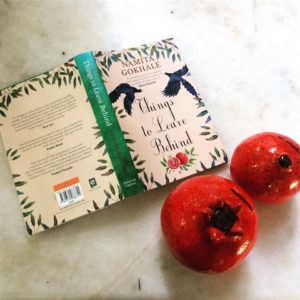
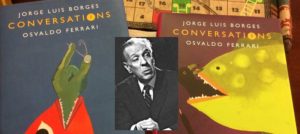
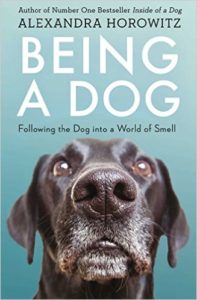
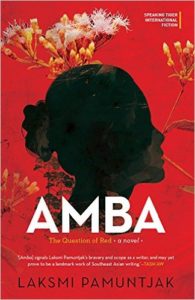
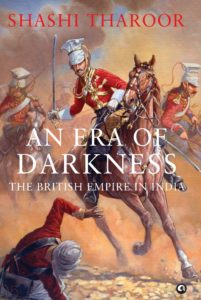
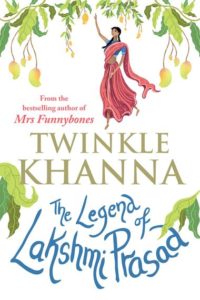
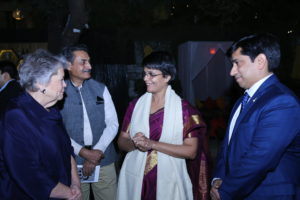
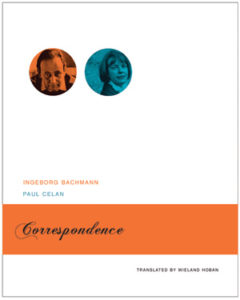
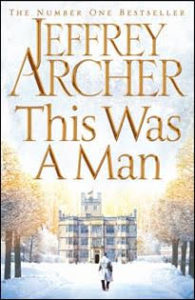
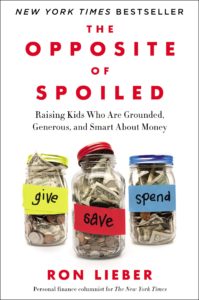
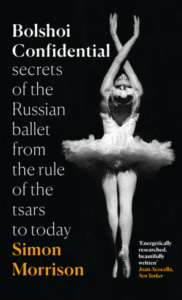
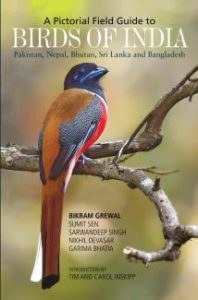
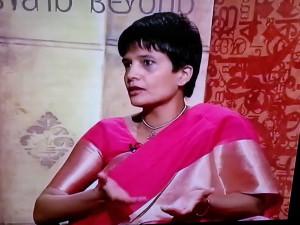 An interview with writer, publisher and anthologist, David Davidar regarding his new book, A Clutch of Indian Masterpieces. It is a collection of 39 short stories by Indian writers. It consists of translations and those written originally in English and has been published by Aleph Book
An interview with writer, publisher and anthologist, David Davidar regarding his new book, A Clutch of Indian Masterpieces. It is a collection of 39 short stories by Indian writers. It consists of translations and those written originally in English and has been published by Aleph Book 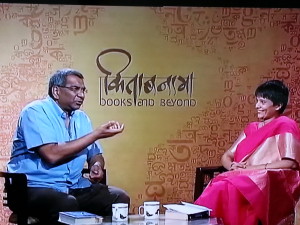 Company. This episode of Kitaabnama was recorded on 10 April 2015.
Company. This episode of Kitaabnama was recorded on 10 April 2015.
